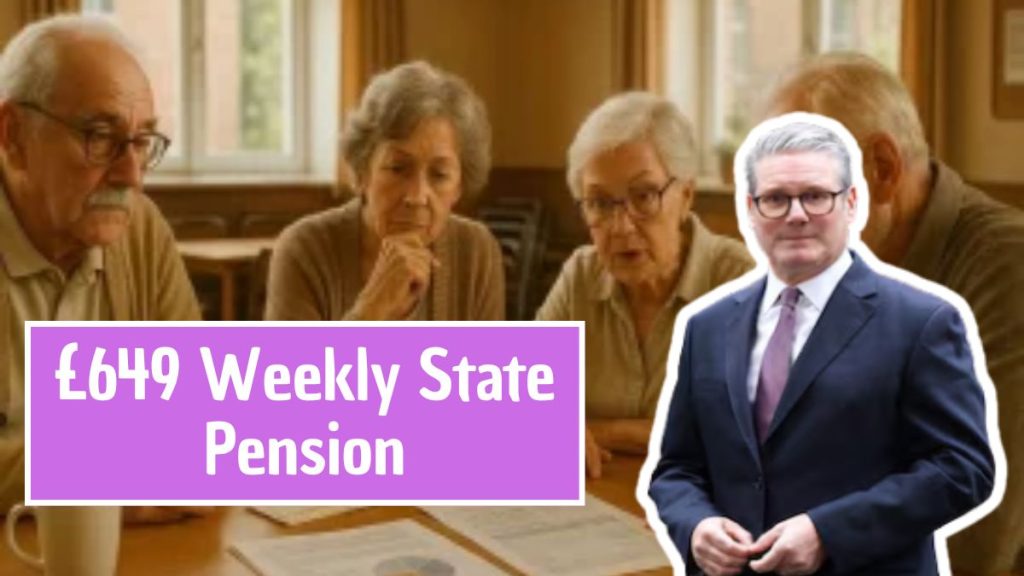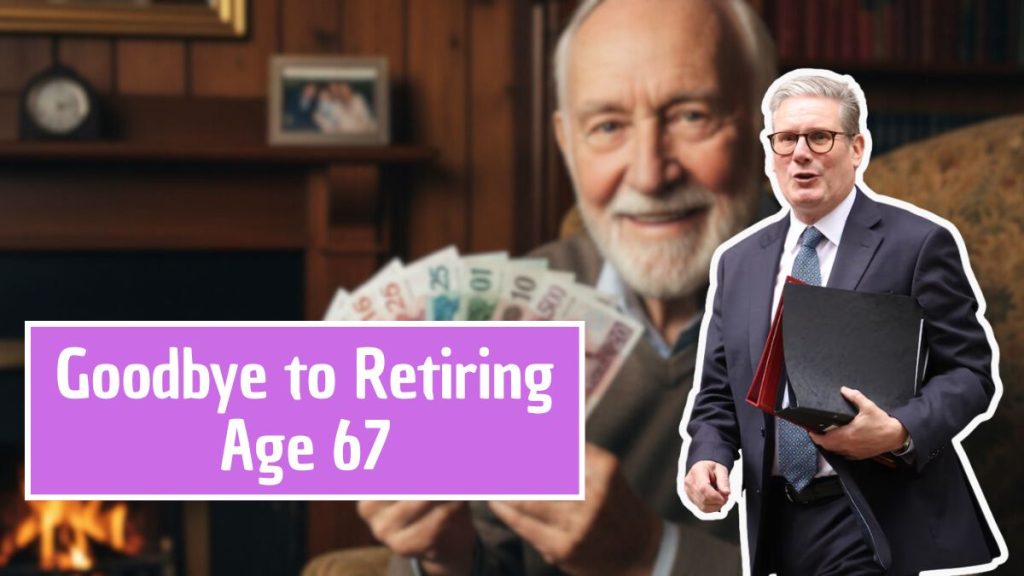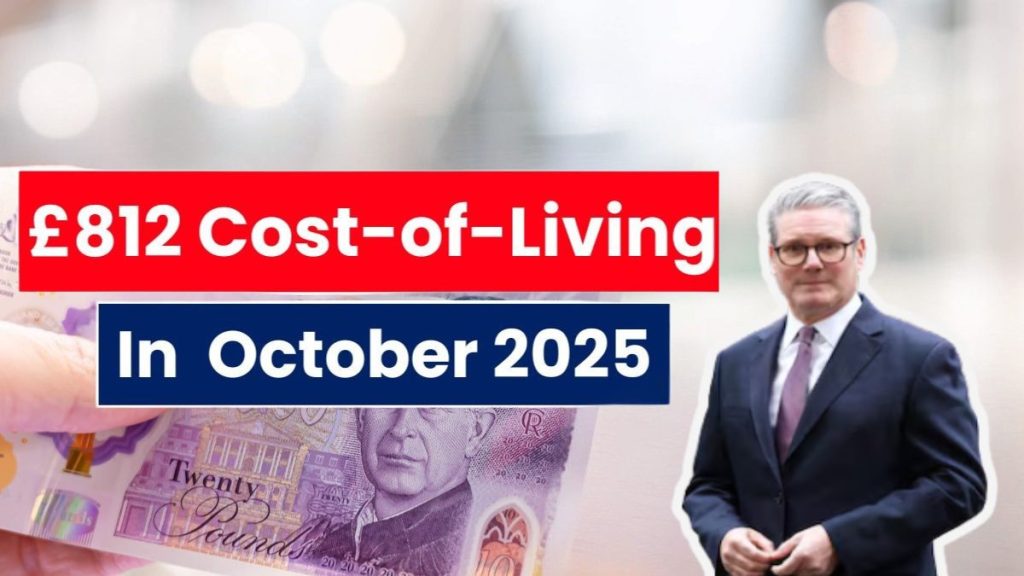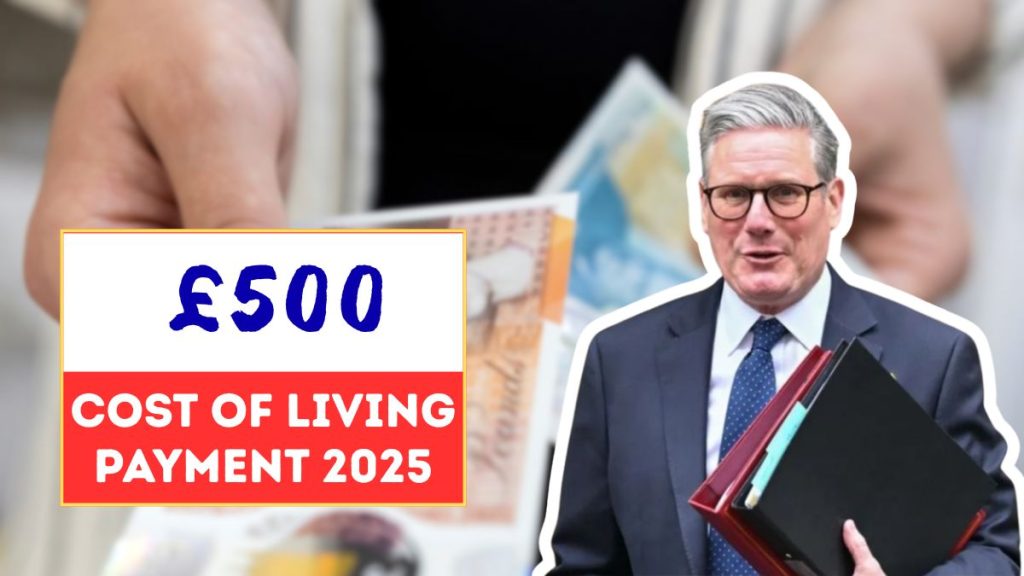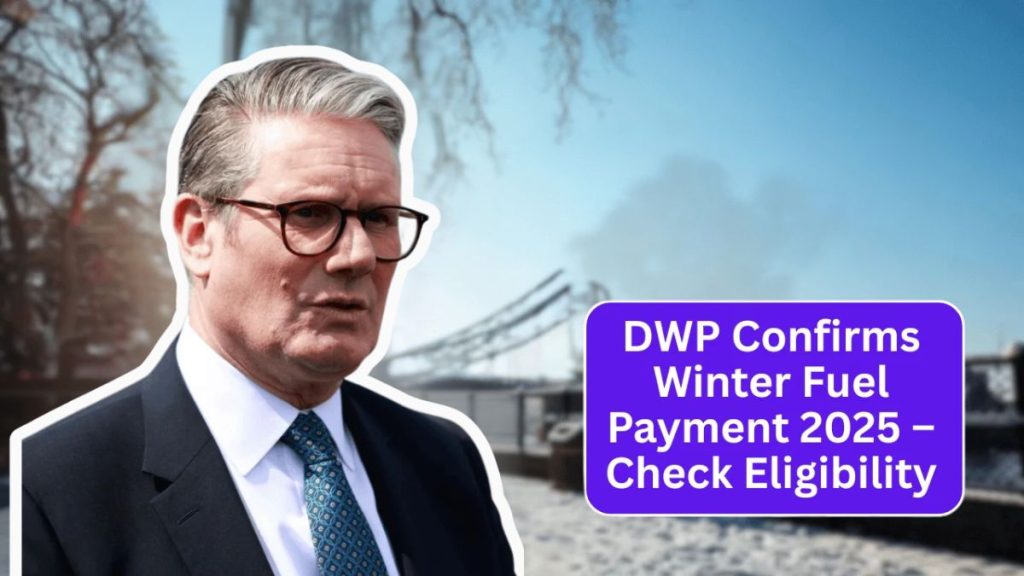The Department for Work and Pensions (DWP) has announced a £412 Universal Credit Top-Up for 2025, aimed at helping millions of low-income households manage rising living costs. This extra payment, which is one-off or time-limited, comes as part of the government’s broader plan to support vulnerable families struggling with increasing food, rent, and energy bills.
The top-up will be added on top of regular Universal Credit payments, giving eligible claimants an essential boost during a financially challenging year. Understanding how it works, who qualifies, and when it will be paid can help you prepare and ensure you don’t miss out.
What Is the £412 Universal Credit Top-Up?
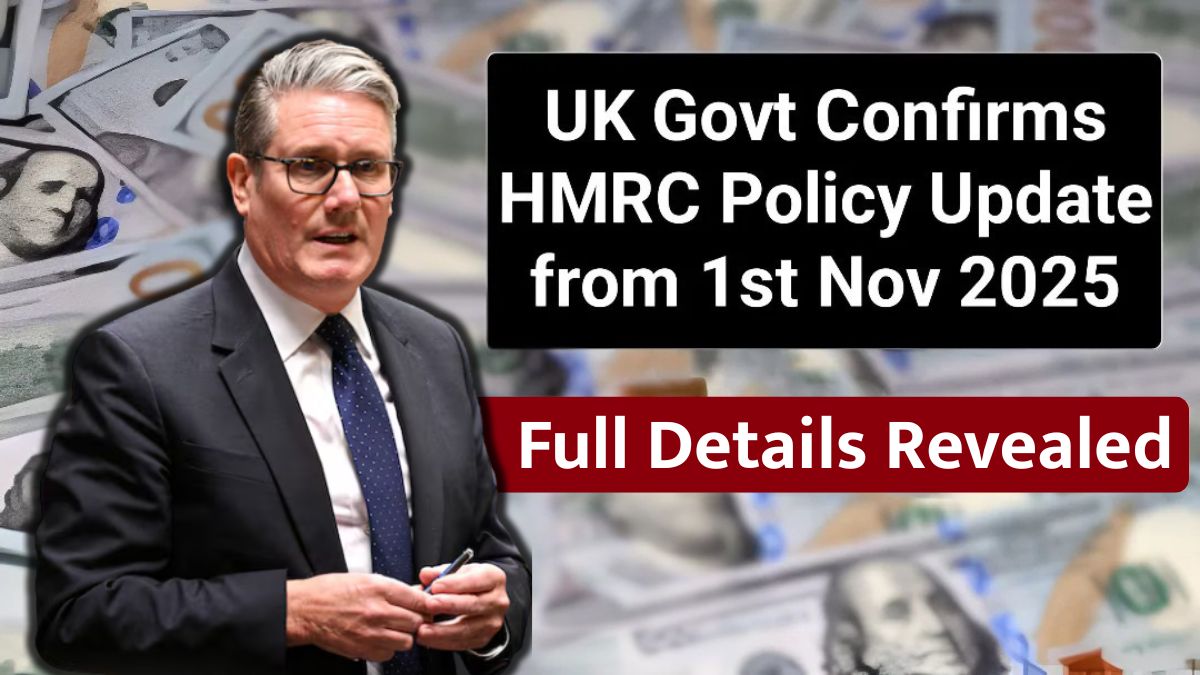
The £412 Universal Credit Top-Up is a special support payment designed to ease financial pressure for households on low incomes. It is not a loan — you will not need to pay it back — and it will appear as a separate payment in your bank account, alongside your usual Universal Credit award.
This payment is part of the DWP’s ongoing efforts to provide targeted help during periods of high living costs. It is similar to previous cost-of-living and hardship payments, but with updated eligibility and timing for 2025.
Key Dates for the £412 Universal Credit Top-Up
Timing is crucial for those managing tight budgets. The DWP typically issues top-up payments during specific periods when household expenses tend to rise — such as spring and summer, when utility bills, rent renewals, and school costs increase.
For 2025:
- Spring rollout: Expected between April and June 2025.
- Summer top-up phase: May extend into August 2025 for late claimants or pending verifications.
Claimants will be notified through their Universal Credit online journal or official DWP letters in advance. Always check your account notifications regularly to ensure you don’t miss important updates.
Eligibility Criteria for the £412 Universal Credit Top-Up
Not everyone on benefits will qualify. The DWP has outlined clear eligibility criteria for the payment. To receive the £412 top-up, you must:
- Be receiving Universal Credit (standard or joint claim).
- Have household income and savings within the 2025 DWP thresholds.
- Have received at least one Universal Credit payment during the official assessment window.
- Meet residency requirements (living in the UK).
If you previously received cost-of-living payments or hardship support, you are likely to qualify automatically.
Some groups, however, may need to provide additional verification — including:
- Self-employed claimants with fluctuating income.
- Mixed-age couples with one partner under pension age.
- Households with temporary changes in work or childcare costs.
Checking your Universal Credit journal early ensures any missing information can be resolved before the payment window opens.
How to Claim the £412 Universal Credit Top-Up
In most cases, no formal application is required. The DWP will automatically issue the payment if you qualify. However, you should:
- Log in to your online Universal Credit account frequently.
- Check your journal for payment messages or tasks from DWP.
- Ensure your income, rent, and childcare costs are up to date.
- Verify that your bank details are correct to avoid delays.
If your payment does not appear by the expected date, send a message through your Universal Credit journal or call the Universal Credit helpline. Keeping digital records of your claim history can help speed up resolution.
Documents You May Need to Provide
Sometimes, the DWP requests extra information before confirming entitlement. You may be asked to upload or show documents such as:
- Recent bank statements.
- Payslips or self-employment income reports.
- Tenancy agreements or rent receipts.
- Utility bills or council tax letters.
Responding quickly to these requests ensures that your payment is processed on time. Claimants who have recently moved, changed banks, or updated personal details should double-check that everything is correct before the top-up window begins.
Impact on Other Benefits
A common question among claimants is whether this extra payment will affect other benefits. The answer is no — the £412 Universal Credit Top-Up is tax-free and does not count as income for other benefits such as:
- Housing Benefit
- Council Tax Reduction
- Pension Credit
- Child Benefit
However, if your household receives contributory benefits (e.g., Employment and Support Allowance or Jobseeker’s Allowance), your overall benefit cap could still apply. Always check your full statement or ask DWP for clarification if uncertain.
Payment Method and How It Will Appear
The DWP will pay the £412 top-up directly into the same bank account you use for your regular Universal Credit. This ensures a familiar, secure process. You do not need to open a new account or visit a Post Office.
When the payment is issued, it will appear with a reference such as “DWP UC TOP-UP 2025” or “DWP Extra Payment” on your bank statement.
Claimants using basic accounts or credit unions will receive the payment in the same way they get their standard benefit awards.
What to Do If Your Payment Is Delayed
Delays occasionally happen, often due to:
- Bank holidays or weekends.
- Incorrect bank information.
- Ongoing DWP verification checks.
- System backlogs during large payment rollouts.
If you do not receive the £412 top-up by the expected date:
- Check your online journal for messages or updates.
- Wait at least two working days after the announced payment window.
- Contact the Universal Credit helpline and provide your National Insurance number and claim details.
The DWP can reissue payments once eligibility is confirmed.
How This Top-Up Supports Households in 2025
The cost of living remains high across the UK, especially for food, rent, and energy. The £412 top-up aims to provide short-term relief to help households meet essential costs.
For many families, this payment can cover:
- A month’s worth of groceries.
- An energy bill top-up before winter.
- Rent or childcare costs.
It is designed to give low-income households the breathing space they need to manage financial pressure while maintaining stability.
Tips to Manage Your Universal Credit Effectively
Receiving a top-up is a great time to reassess your household budget.
- Prioritise essentials like rent, council tax, and utilities.
- Consider saving part of the payment for emergencies.
- Explore DWP Budgeting Advance loans if you’re in debt.
- Use free budgeting tools or money advice services like StepChange or Citizens Advice.
Small financial adjustments now can make your overall Universal Credit stretch further.
Support for Vulnerable Claimants
The DWP recognises that not everyone can easily manage online claims. People with disabilities, language barriers, or caring responsibilities can access extra help through:
- Citizens Advice Help to Claim service.
- Local council welfare support teams.
- Charitable organisations specialising in benefit advice.
If you struggle to use the Universal Credit online system, you can request telephone or face-to-face assistance to ensure you don’t miss out on the £412 top-up.
Staying Updated on Future DWP Payments
Government benefit guidance changes frequently. To stay informed:
- Subscribe to DWP updates on GOV.UK.
- Follow official DWP social media channels.
- Set calendar reminders for benefit payment reviews.
- Watch for verified messages in your Universal Credit journal.
Staying alert helps ensure you never miss new payments, top-ups, or benefit changes in future.
Summary: Why the £412 Top-Up Matters
The £412 Universal Credit Top-Up 2025 is a vital source of financial support for struggling households. It provides an essential cushion against the UK’s rising living costs, offering real help when families need it most.
By:
- Keeping your claim details up to date,
- Checking your Universal Credit journal regularly, and
- Contacting DWP promptly if issues arise,
you can ensure you receive every penny you’re entitled to — improving your financial security and peace of mind throughout 2025.
(5) 5 Frequently Asked Questions (FAQs)
1. What is the £412 Universal Credit Top-Up 2025?
It’s a one-off DWP payment for Universal Credit claimants, designed to help low-income households manage higher living costs during 2025.
2. Who qualifies for the £412 top-up?
You must be receiving Universal Credit, live in the UK, and meet income and savings thresholds. Most claimants will be automatically eligible if they’ve received past cost-of-living payments.
3. When will the payment be made?
The top-up is expected to roll out between April and August 2025, depending on your assessment period and DWP processing schedule.
4. Do I need to apply?
No separate application is needed. The DWP will issue payments automatically to eligible claimants via their Universal Credit bank account.
5. Will this affect my other benefits or taxes?
No. The £412 top-up is non-taxable and will not reduce other benefits such as Housing Benefit, Pension Credit, or Council Tax support.













